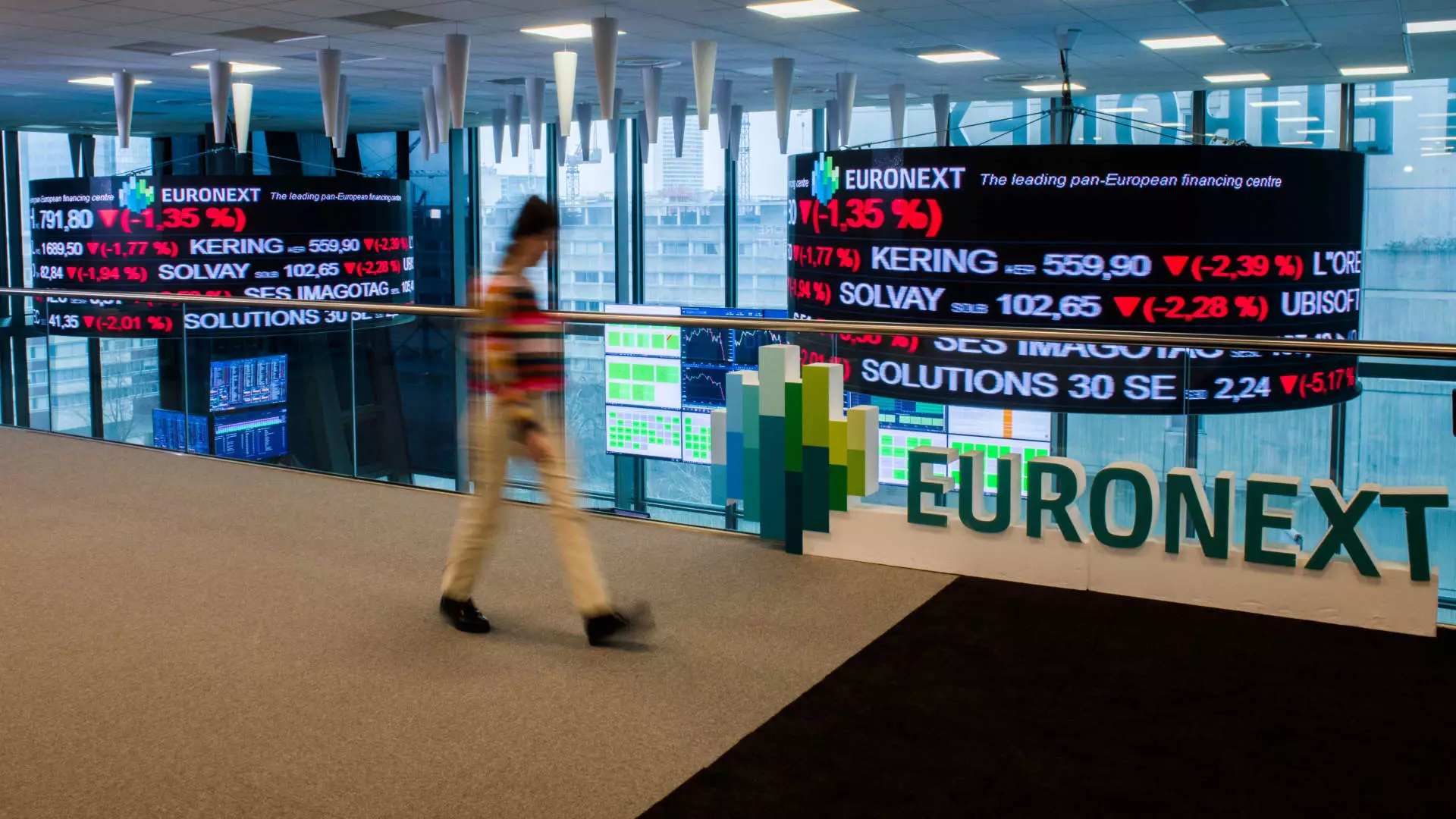The global financial landscape often reacts to political events, and the recent victory of Donald Trump as President-elect has cast a shadow over international equities, despite positive performances in U.S. markets. Investors, wary of potential tariff policies, are reevaluating their positions, leading to significant pullbacks in several exchange-traded funds that track markets outside of the United States. This article will explore the intricacies of this market behavior, its implications for global stocks, and the potential impact of Trump’s proposed fiscal policies.
On the day following Trump’s electoral win, U.S.-listed funds that follow global stock indices faced notable declines. Major exchange-traded funds from iShares, which focus on prominent Asian and South American markets — notably South Korea, Hong Kong, Taiwan, and Chile — all recorded losses. While U.S. indices, such as the Dow Jones, registered significant gains, global investors exhibited a contrasting sentiment, anticipating the ramifications of Trump’s economic policies. The allure of the soaring U.S. stock market was overshadowed by fears of escalating trade tensions linked to proposed tariffs.
Trump’s administration has initiated discussions around imposing tariffs that could reach as high as 20% on imported goods, with China facing an even steeper potential levy of 60%. This proposed strategy, while a cornerstone of Trump’s campaign narrative, has raised concerns among global investors. Analysts highlight that while the U.S. financial environment may appear robust, international markets are exceptionally vulnerable to these tariff policies. Yung-Yu Ma, a chief investment officer at BMO Wealth Management, articulates this uncertainty, suggesting that it could restrain the growth of global equities in the near future.
The disparity between U.S. and international market performances has become apparent. On the one hand, the Dow’s upward trajectory contrasted sharply with declines in European indices, reflecting the immediate global sentiment toward Trump’s win. The iShares Core MSCI Europe ETF saw a drop of over 2%, while Asia-Pacific stocks experienced a more mixed response. Japan’s Nikkei 225 defied the downward trend, highlighting the selectivity within global markets as investors reassess their strategies in light of new economic leadership.
Emerging markets have faced significant pressure, with the iShares MSCI Emerging Markets ETF experiencing a decline of more than 1%. This underperformance can largely be attributed to rising inflation expectations associated with the strengthening U.S. dollar, which has reached levels not seen since July. The strengthening dollar poses a challenge for international investors as it can suppress the profitability of investments in emerging markets, which are crucial for global economic integration.
Trump’s electoral victory has sparked a wave of caution among global investors who are recalibrating their expectations for international stocks. The proposed tariff strategies and their potentially far-reaching impacts create a complex environment for investors to navigate. While U.S. markets may bask in the glow of record highs, international equities remain at risk, facing an uphill battle against burgeoning trade tensions. As the global market adjusts to this new reality, astute investors must stay alert to the shifting landscape and consider a diversified approach to mitigate risks inherent in this unpredictable political and economic climate.

